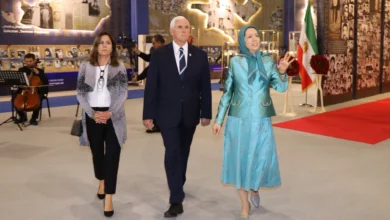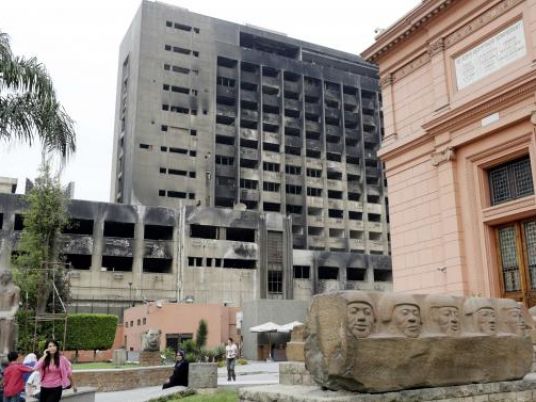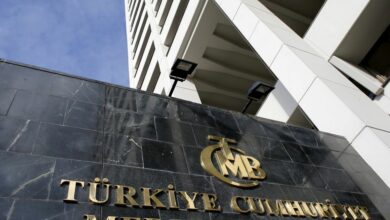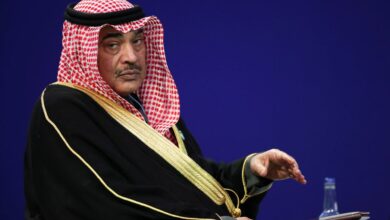Run-off parliamentary elections kicked off on Sunday in 166 districts throughout Egypt amid boycotts from leading opposition parties.
Critics accuse the NDP-led government of vote rigging and thuggery during the first round of the poll, held a week ago.
More than 28 million Egyptians are eligible to vote in the run-off elections.
The Wafd Party and the Muslim Brotherhood, Egypt’s largest opposition movement, declared this week their respective withdrawals from Sunday’s race.
The names of their candidates, however, will remain on ballots because the boycott announcements were made past the date to legally bow out, elections officials say.
The NDP secured 209 of 221 seats won outright in the first round. Party members will now compete with 386 candidates over the 283 remaining seats.
In an unprecedented move that sowed divisions within the ruling party, NDP officials nominated more than one party candidate for over 150 offices.
There are 254 electoral districts for the People’s Assembly, Egypt’s lower house of parliament, each with two parliamentary seats.
Six parties will technically be on the ballot on Sunday. Tagammu will field six candidates, the Republican Party one candidate, and the Democratic Peace Party will vie for one seat, as well.
One hundred and thirty-six independent candidates will also compete in the run-off vote.
The names of 26 Muslim Brotherhood candidates and nine Wafd candidates will be on the ballot.
Some Wafd candidates—particularly those expected to win—may defy party leadership and persist with their bids, Wafd sources said.
Atef al-Ashmuny, whose name is on the ballot in the Matariyya, Cairo district, has refused to end his candidacy.
Wafd leaders have not determined whether to oust members that reject its decision to boycott, according to sources.
Analysts expect all Brotherhood candidates to heed the leadership’s boycott decision.
Wafd candidates won two seats a week ago while Tagammu, Ghad and Adalah parties each won a seat. Independent candidates prevailed in seven districts.
The Muslim Brotherhood failed to secure a single seat despite nominating 130 candidates. In 2005, Egypt’s largest opposition bloc won 88 seats, nearly one-fifth of total contestable offices.
The High Elections Commission said 35 percent of the 41 million eligible Egyptians voted in the first round on Sunday. Opposition forces and independent observers, however, contend turnout rates did not exceed 15 percent.
Egyptians and the international community alike have denounced election-related violence, fraud, and voter intimidation. The release of results last week provoked protests throughout Cairo.
The results also engendered sharp divisions within opposition parties.
Egyptian officials denied the accusations, saying the sweeping victory reflected the ruling party's popularity among the population.
US officials criticized media restrictions and a general lack of transparency during the electoral process as well as impediments to civil society monitoring.
The US repeatedly called for international monitoring prior to the poll but Egyptian officials dismissed the suggestion, labeling it inappropriate meddling.




